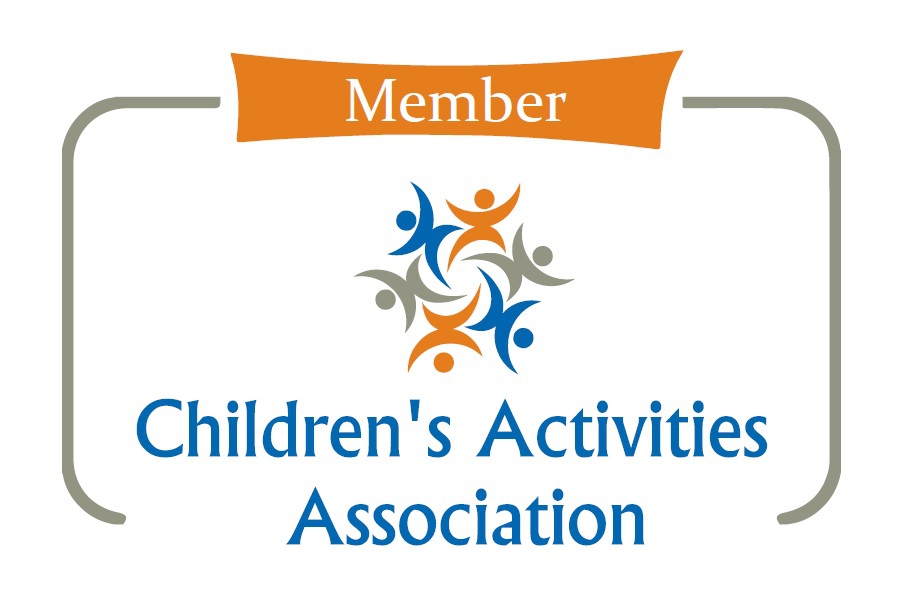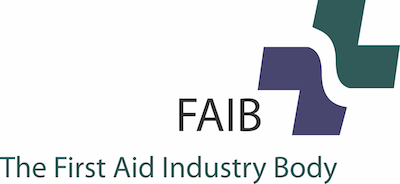A well-stocked medical cabinet is an essential for any family home, yet many of us rely on a bottle of children’s pain relief (complete with sticky syringe!) and a thermometer, which could be anywhere from the kitchen cupboard to your bedside drawer, depending on the day of the week.
If this sounds like you, have a read through this blog which details why you should have a dedicated space for medicines and first aid items, how to store them safely and what you should have to hand in your medicine cabinet.
Why should I store medicines in one place?
· Having a designated space for your medicines and first aid supplies means everyone in the house knows where they can access them
· A safe place out of reach of children is essential – if you have a designated space for medicines, you are far less likely to leave potentially dangerous medicines lying around for curious little ones to get their hands on
· There is nothing worse than traipsing around the house in the dead of night, trying not to disturb the kids while you track down that elusive bottle of Calpol that really could be anywhere – a designated medical cupboard avoids this stress!
What do I need to consider when deciding where to keep my medical cabinet?
· Ideally keep your medicines in a wall mounted, child-proof, lockable medicine cabinet
· If you don’t have space, choose a high cupboard that children can’t reach and consider using a bolt. Keep the space ordered and everything easily accessible using labelled boxes (eg pain relief, allergy medicines, first aid kit)
· You may have medicines that need to be kept in the fridge – make sure these are stored as high as possible and hidden from curious eyes. Make other adults in the home aware of this, so they don’t absent-mindedly move the medicine to a lower shelf whilst trying to locate the jam!
· Position your medical cabinet (or choose a cupboard) that isn’t in a place which gets direct sunlight
· A lot of people use their bathroom to store their medicines, but humidity levels and heat mean this isn’t a good choice as medicines need to be kept cool and dry
· Store your medicines in their original packaging and keep the instructions for future reference
· Make sure all other adults in your home know where the medicines are stored
I’ve found the right place, but what should I be storing in my medicine cabinet?
Pain relief
Keep these in stock both for yourself and for the kids, for use in treating minor aches and pains, headaches and for bringing down high temperatures. Remember that children should never be given aspirin. Keep both a paracetamol and ibuprofen based children’s medicine in your cabinet, together with the original dosing syringes / spoons. If your child is particularly poorly, doses of both can be given in tandem to relieve pain, but make sure you always consult the age-appropriate dosage instructions.
A thermometer
An absolute must for parents, the reassurance of a safe thermometer reading when your child feels too hot is worth its weight in gold. Fevers in babies and young children can be a warning sign of a more dangerous illness, so this is one of the most important pieces of equipment in your medicine cabinet.
A great choice on a tight budget is a digital stick thermometer – these are compact, reliable and can be used both underarm and orally.
Antihistamines
These have multiple uses, from dealing with hay fever, to insect bites, allergic reactions, relief from stinging nettles and the itchiness of chicken pox. If your kids are like mine, you might spend most of the year not needing antihistamine, only for spring to come around and the streaming eyes that accompany grass being cut reminding you that your antihistamines are out of date. So this is a good one to keep an eye on and restock as appropriate, because when your child needs it, they really need it! Make sure you ask your pharmacist which are the most appropriate antihistamines for your child, as some can cause drowsiness. Also consider keeping antihistamine both in tablet form, and as a cream, for immediate relief for painful wasp stings for example.
Sunscreen
Again, an item you will need to check and restock seasonally as sunscreens have an expiration date once opened - look out for the open pot symbol - if it shows 12M this means the product expires after being open for 12 months, so it might be an idea to set a reminder on your phone to check your supplies around February, and restock as necessary for the warmer days ahead. Remember you should use at least SPF 30 on children’s delicate skin, and a UVA rating of at least 4 out of 5 stars - for more information on this, see our sunscreen blog
A first aid kit
A predictable one for a first aid company, but nevertheless an absolute essential for the family home. It needs to contain bandages, tape, sterile wipes, an assortment of plasters and tweezers. Helpfully, our family first aid kit contains all this and more – you can get your hands on one here. We’d also recommend a mini first aid kit for taking on family days out or for keeping in the car.
How often should I refresh the contents of my medical cabinet and how can I dispose of medicines safely?
We would recommend you do this on a six monthly basis as best practice – as highlighted above, certain items are only used seasonally and can quickly be out of date without you noticing until the point of need – not ideal!
Medicines past their expiry date can be ineffective and should never be used. But you should NEVER throw them in the bin – they are all too tempting for children and could be very dangerous in little hands. Instead, take them to your most local pharmacy, most of which will dispose of your medicines safely. This includes medicines that are still in date but unused, if you no longer need them and don’t want them hanging around your house.
We hope this has helped you think about how and where you store your medicines, who needs access to them, and what are the key items to have to hand at all times.
The Mini First Aid Team xx
Sources: NHS UK, The Guardian
Our best sellers bundle
It's our best sellers bundle for a very good reason! Containing 3 of our top sellers for just £20, our bundle covers all your minor first aid incidents and contains:
- Your choice of Elly or Daisy hot and cold bump pad for soothing head bumps and scraped knees
- Our award winning Mini First Aid kit has you covered for bleeds, sprains, burns, splinters and more
- Our Paediatric First Aid Made Easy book contains advice on how to deal with 35 common first aid scenarios
Perfect for keeping you and the family safe.








